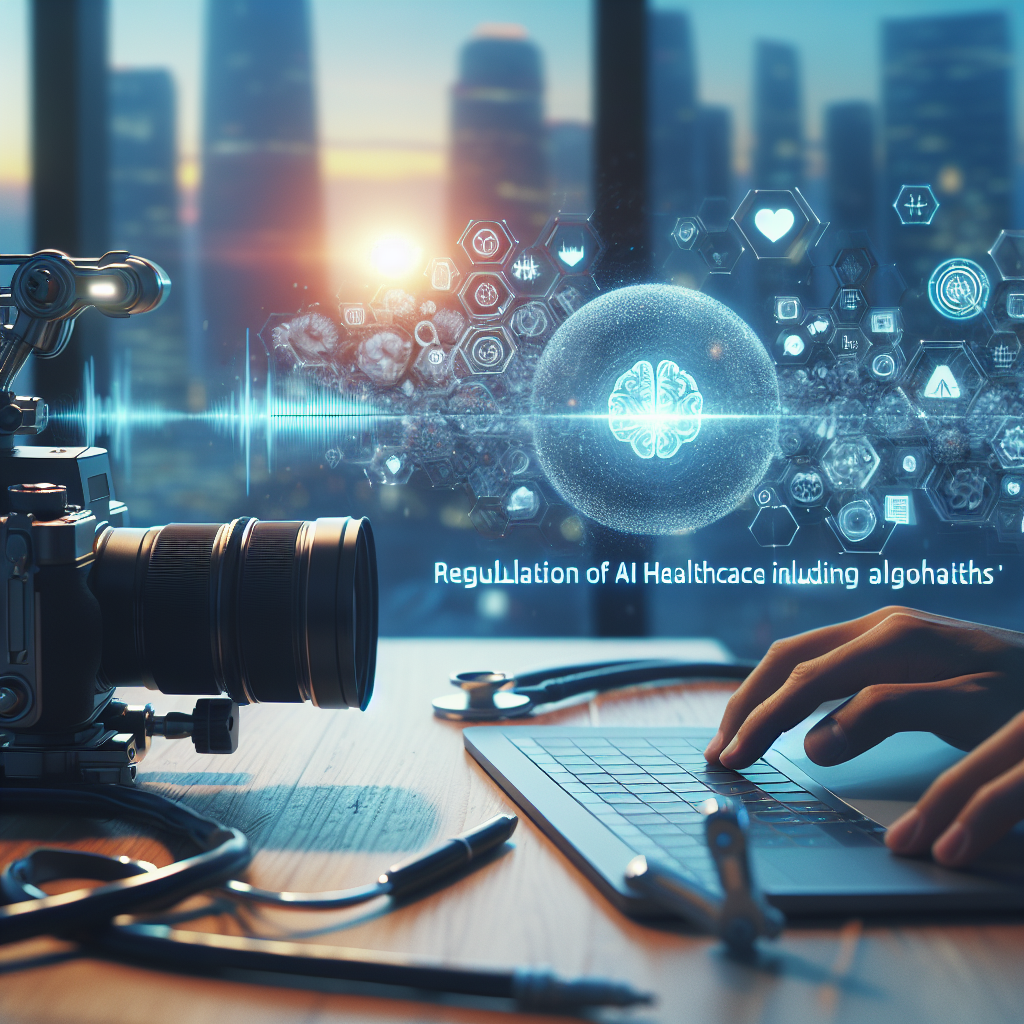Regulation of AI in Healthcare Should Also Include Algorithms, According to Researchers
AI in Healthcare: The Need for Algorithm Regulation
Researchers are advocating for the inclusion of algorithms in the regulation of Artificial Intelligence (AI) in healthcare. They argue that the current focus on AI devices overlooks the significant role that algorithms play in healthcare decision-making and patient outcomes.
The Role of Algorithms in Healthcare
Algorithms are integral to the functioning of AI in healthcare. They analyze patient data and generate insights that inform clinical decisions. However, their lack of regulation raises concerns about accuracy, bias, and transparency.
- Accuracy: Without regulation, there’s no guarantee that algorithms are providing accurate predictions or recommendations.
- Bias: Algorithms can perpetuate existing biases in healthcare, leading to disparities in patient care.
- Transparency: The “black box” nature of algorithms can make it difficult for healthcare providers to understand how they arrive at their conclusions.
Call for Inclusive Regulation
Researchers are calling for a comprehensive approach to AI regulation in healthcare that includes both AI devices and algorithms. They believe this will ensure the safety and efficacy of AI applications in healthcare, and foster trust among healthcare providers and patients.
Conclusion
In conclusion, the regulation of AI in healthcare should extend beyond AI devices to include algorithms. This will help to address concerns about accuracy, bias, and transparency, and ensure that AI can be safely and effectively used in healthcare.













